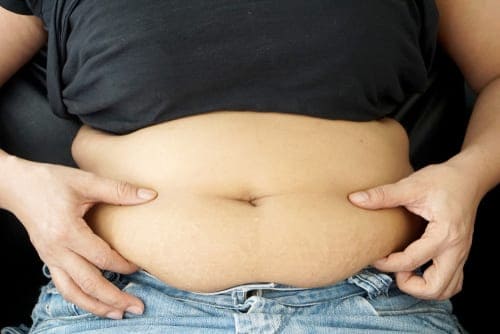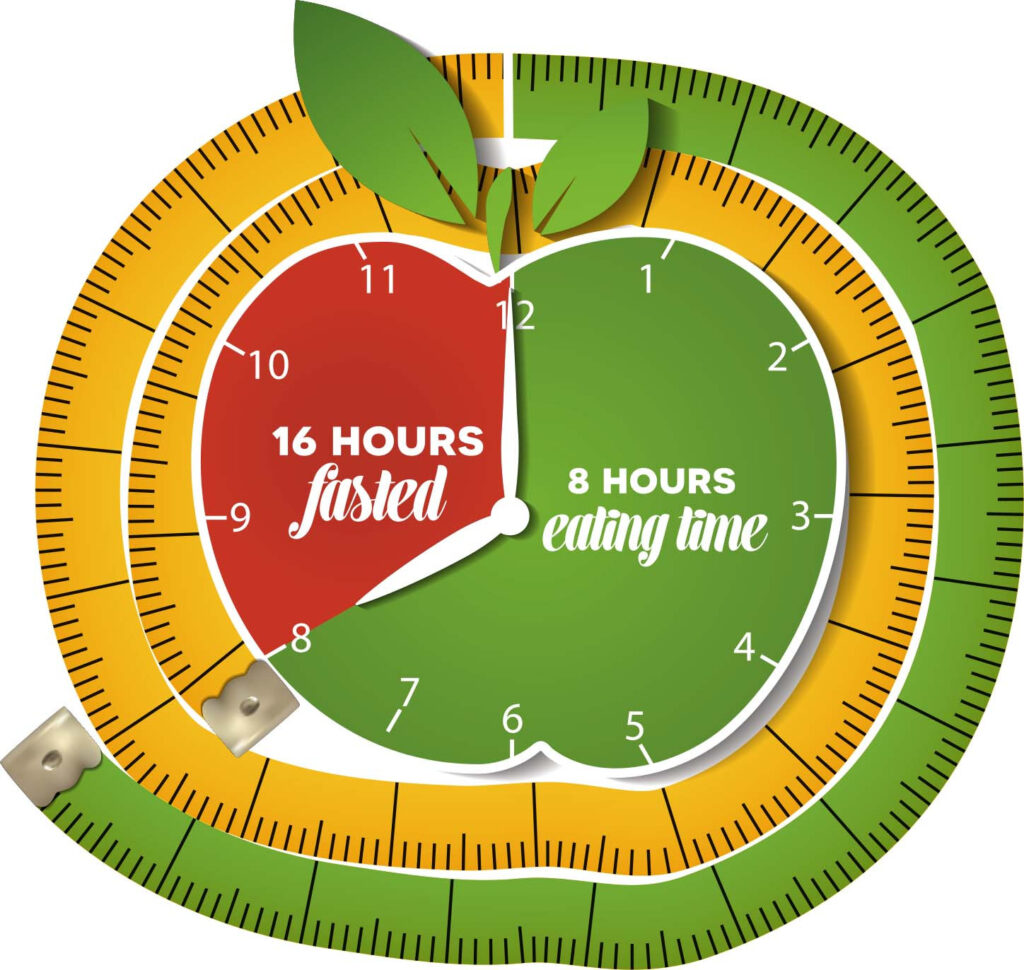
Why Are Fad Diets Still Around?
Why is it that fad diets don’t have the greatest reputation, but they still hold relatively big appeal simply because they often tell overweight people what they want to hear.
That weight loss can be quick and easy.
Often these sorts of diets promise fast weight loss with very little effort. Anyone who has ever tried to lose weight knows that it isn’t -and shouldn’t be quick and most likely isn’t easy either.
We love to be sold a dream, something instant, even magical.
But those excess pounds in weight didn’t go on in one week, so it’s not going to quickly or easily come off in one week.
Do these diets work in the short run?
Yes, often they can, but the short-term success comes at a price.
What usually happens after you’ve lost the weight by following such a weight loss plan is that you will gain it back and put even more weight on than when you started.

It has been proven time and time again that those who follow fad diets often end up gaining back more weight than they lost.
This is usually because these types of diets involve a lot of straying from the normal diet.
So, once you’ve finished the diet, you can’t wait to go back to “normal” eating.
At that point, whether you overdo it or not, you will start to gain the weight back.
How can you tell if this is a fad diet?
One way to identify a fad-ish type of diet is to ask yourself, “How long can I keep up the sort of regimen that this diet is recommending?”
These diets are so restrictive and depriving in nature … that no one could maintain it for any extended period of time. Whether it’s 3 days or 21 days, still painfully counting down each day until the end.
Although, If you believe you can stick with it, then this is probably not a short-term fix.
If you don’t see yourself being able to follow the diet’s instructions for a long period of time, then it most likely will work only while you are on the plan, but your weight will shoot right back up shortly after you stop the diet.
The only real alternative to these types of diets is to eat healthy foods and exercise regularly. This doesn’t mean that you have to completely cut out the unhealthy foods that you love, as a short-term stricter diet might suggest.
It means making healthy choices and then eating the “bad stuff” in moderation. It also doesn’t mean working out heavily all the time.
Should I incorporate exercise in with these diets?
When trying to achieve weight loss, some sort of daily activity is necessary to increase fat burning effects. It doesn’t have to be strenuous but it does need to elevate your heart rate. This is key when trying to melt pounds and decrease inches.
Exercising regularly could just be taking a 20-minute brisk walk, three to five times every week. Try to pick an exercise that you don’t see as a chore, something that you actually look forward to practicing.

Check out my post on mindful movement, a way to find physical activity that you enjoy and that brings you happiness. Physical activity doesn’t always have to be traditional exercise. It can be types of movement that include your hobby or nature.
What type of diet should I try to maintain for the long-term?
As far as eating right goes, try to eat balanced meals. If you can get regular portions of low fat protein, carbohydrates and fiber in every meal, you are doing well.
Eat plenty of fresh fruit and vegetables during meals or even as snacks. Other healthy snacks include cheese and nuts which are a good source of Omega-3 fatty acids.
Also incorporate negative calorie foods into your diet, foods that require more energy to chew and digest than they actually contain. And this forces your body to turn to fat sources on your body for the energy to do so.
The right type of weight loss plan not only helps you lose fat and weight, it also starts you on the right path towards a lifetime of healthy eating and activity.
As I’ve mentioned many times before, I’m a huge fan and intermittent fasting. Not only for its weight loss benefits but also it’s healing benefits. This is a great eating pattern that shortens the window of time that you are consuming food during your day.

By doing so it gives your internal organs including your stomach or your gut a chance to heal its interior layers. If your body is constantly digesting and breaking down food… That leaves no time for the internal organs to heal themselves.
The wellness benefits of intermittent fasting also include weight loss. The increase of non-eating hours enables your body to start fat burning utilizing fat which is stored on the body.
Fat that may be tucked away in your thighs or arms or love handles… allowing your body to “live off the land” for a certain amount of hours throughout your day.
This is the type of diet or eating schedule that can be a lifestyle change. It has been for me.
Fad diets promise quick fixes, but the real results come from the tried and true methods of a healthy lifestyle and awareness of the benefits of natural foods and regular exercise.
True Lifestyle change is necessary.
Weight loss can’t be a quick fix for a momentary thing. Weight loss should be a stepping stone towards gaining Optimal Health and Wellness. An overweight body can never be a healthy body. Excess body fat and weight leads to prediabetes and then diabetes.
A thin body doesn’t always constitute a healthy body, although the lower your body weight the fewer changes in habits that need to be broken or adjusted to attain optimal wellness.
Once your body is healthy on the inside, it will show health on the outside.


Leave a Reply